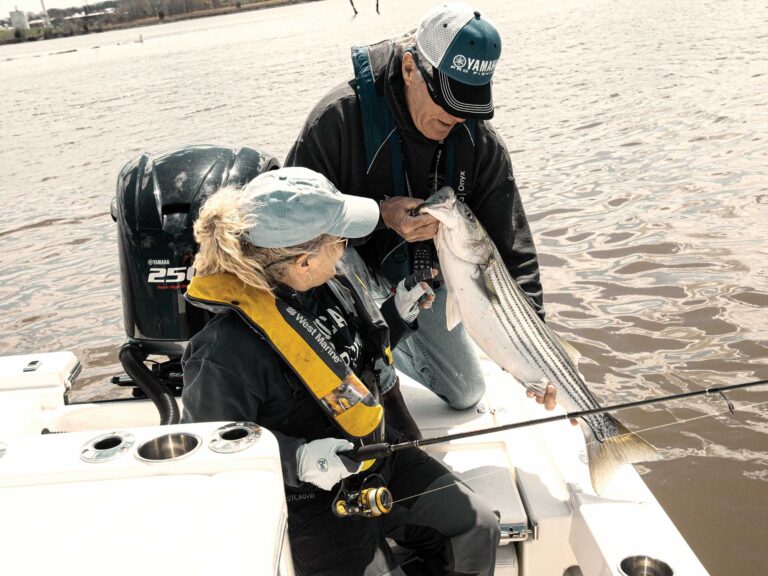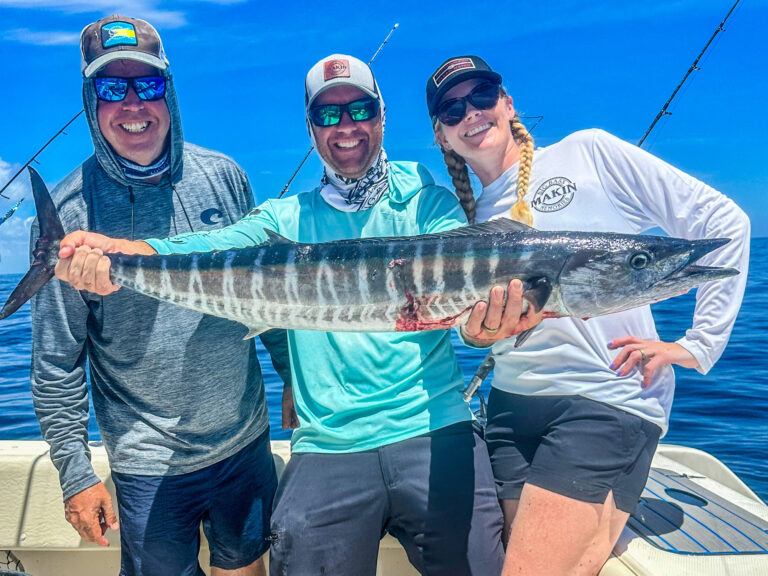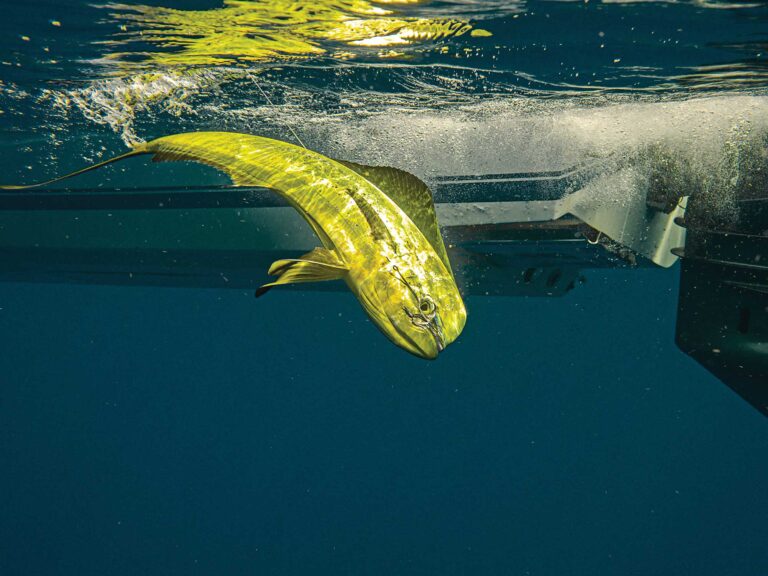Staying overnight in remote fishing spots is an appealing prospect for adventurous anglers. Spoil islands in the Intracoastal Waterway, barrier islands in the Gulf and Florida’s Everglades National Park are popular primitive camping destinations by boat. Here are some factors to consider when planning for your own expedition to unpopulated areas.
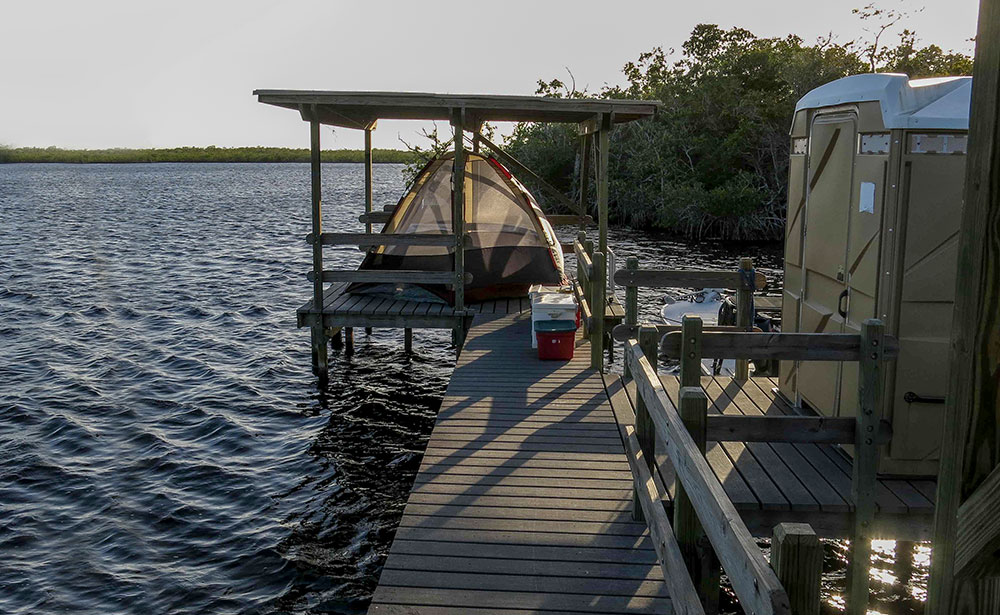
Fuel and Parts
Carrying extra fuel is necessary with most remote locations. Spill-proof plastic jerry cans with built-in pouring spouts minimize the risk of spillage. A small assortment of crucial parts like a spare fuel/water filter, spark plugs and tools are handy, too. Savvy Everglades boaters carry a long antenna cable to extend the range of handheld VHF radios using the push pole for height in case of breakdowns since cellular service is unreliable.
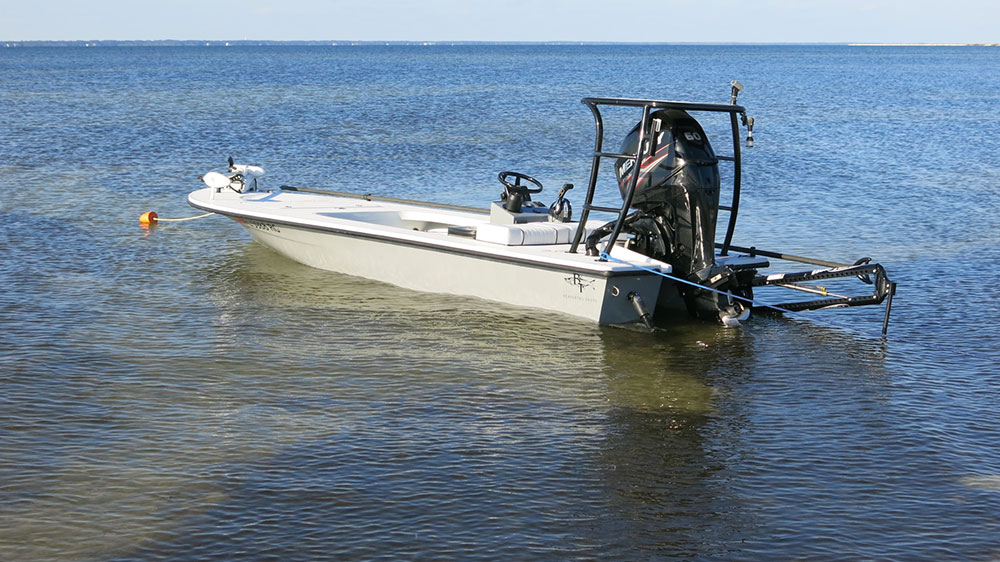
Anchoring
Make sure the boat is still there when you crawl out of the tent the next morning! That’s why secure anchoring is so critical. Use a heavy Danforth style anchor with plenty of rode off the bow as the primary. Be sure to allow for tidal swings and water depth so the boat stays afloat. That typically requires wading ashore. A secondary anchor adds security off the stern. Place the second anchor (or a heavy-duty stake) above the high water mark ashore with a solid hook set.
Campfires
Don’t depend on collecting fire wood at the site. Bring your own. A small camping shovel is useful for digging a fire pit approximately 1 foot deep by 3 feet wide. The pit will help shelter the fire and is easily filled afterwards. Be sure to pack matches plus a long-stem butane fireplace lighter. A propane camp stove is a great alternative if open fires are not allowed.
Sanitation
Pack several plastic trash bags. Big box sporting goods stores sell plastic toilet seats that snap over a 5-gallon bucket. Line with a trash bag for a portable head. An empty juice or sports drink bottle inside the tent serves as a relief tube during the night to avoid opening the flap to let in bugs. Baby wipes and hand sanitizer are useful items for cleaning.
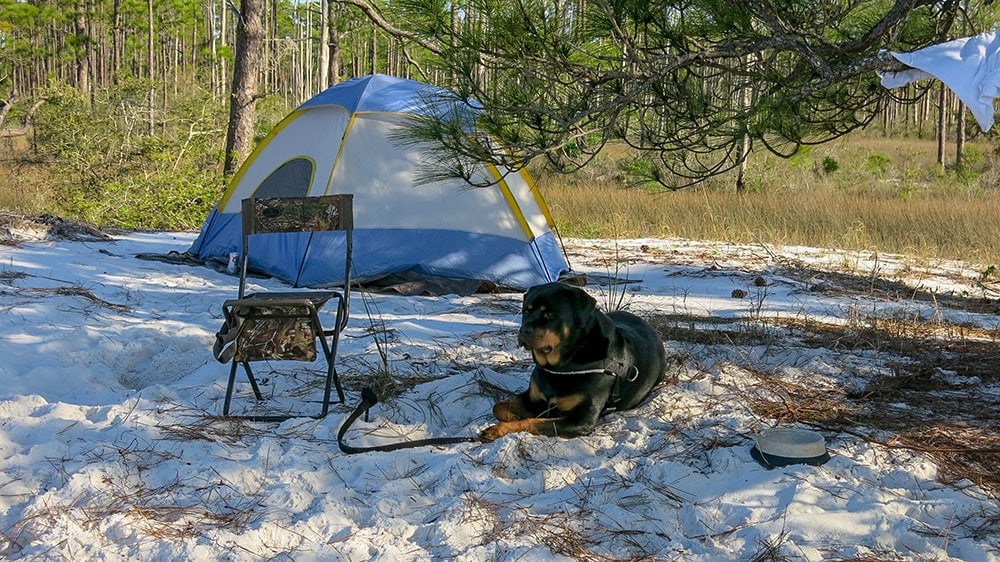
Bugs
The scourge of even die-hard campers, mosquitos and sand gnats can ruin a fun trip. Pack plenty of insect repellent and bring along citronella candles and Thermacell repellers to establish a perimeter around the tent. Bugs aren’t as bad from late autumn to early spring and the cooler nights making sleeping more pleasant.
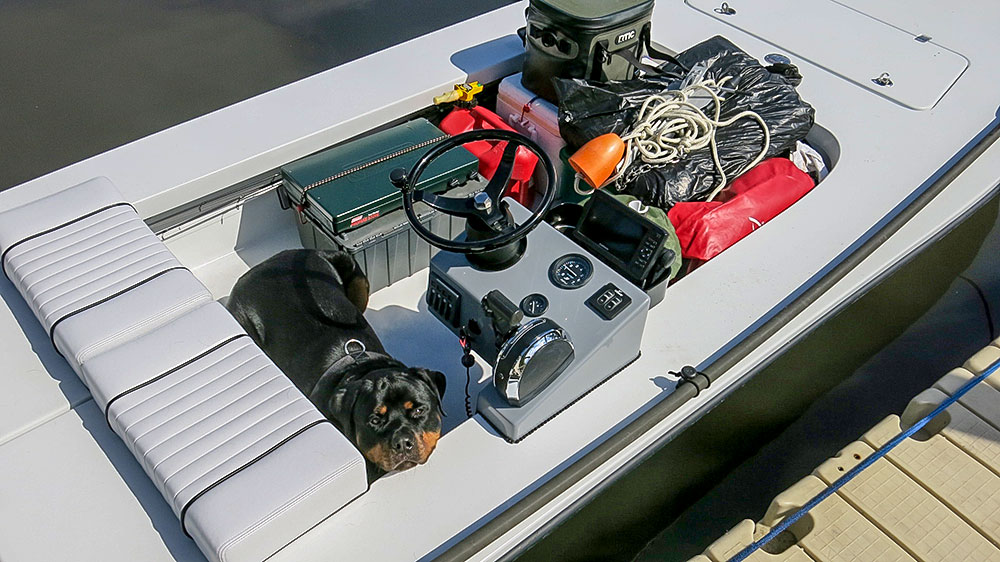
Provisions
Plastic 5-gallon jugs with pour spouts are ideal for toting water for drinking, cooking and cleaning. Freeze-dried meals are palatable, compact and don’t weigh much. Don’t forget to pack cooking gear, utensils, an oven mitt and aluminum foil/zip bags for food storage. Keep the cooler lid closed as much as possible to prolong the ice.
Permits and Fees
Verify any restrictions before setting up camp. Some barrier islands are off-limits due to seasonal sea turtle and bird nesting. Backcountry camping in the Everglades National Park requires a $15 processing fee, plus $2 per person per day camping fee except for the summer months. Reservations are not allowed; permits can only be acquired the day before or day of the trip. The chickee camp sites only allow single night stays. For more ENP information, visit: www.nps.gov/ever.





